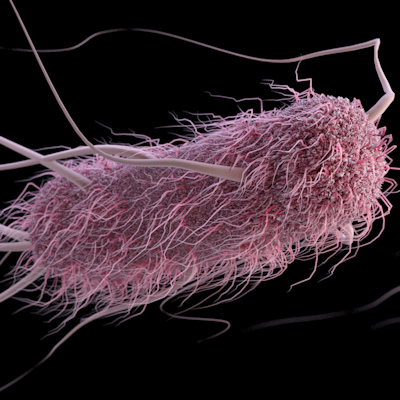September 6, 2022 -- McMaster University researchers have discovered a previously unknown bacteria-killing toxin that has the potential to be exploited for future antibiotic development to combat infection-causing bacteria.
The discovery, published September 6 in the journal Molecular Cell, demonstrates that the bacterial pathogen Pseudomonas aeruginosa -- which causes hospital-acquired infections such as pneumonia -- secretes a toxin that has evolved to kill other species of bacteria.
The researchers contend they have discovered a toxin that creates "a total assault on the cell" of bacteria in unprecedented ways. Following rigorous experimentation on common targets of toxins, such as protein and DNA molecules, they tested the toxin against RNA.
"This research is significant, because it shows that the toxin targets essential RNA molecules of other bacteria, effectively rendering them non-functional," John Whitney, PhD, associate professor in McMaster's Department of Biochemistry and Biomedical Sciences, said in a statement. "Like humans, bacteria require properly functioning RNA in order to live."
Copyright © 2022 scienceboard.net
Last Updated 9/6/2022 12:39:57 PM



